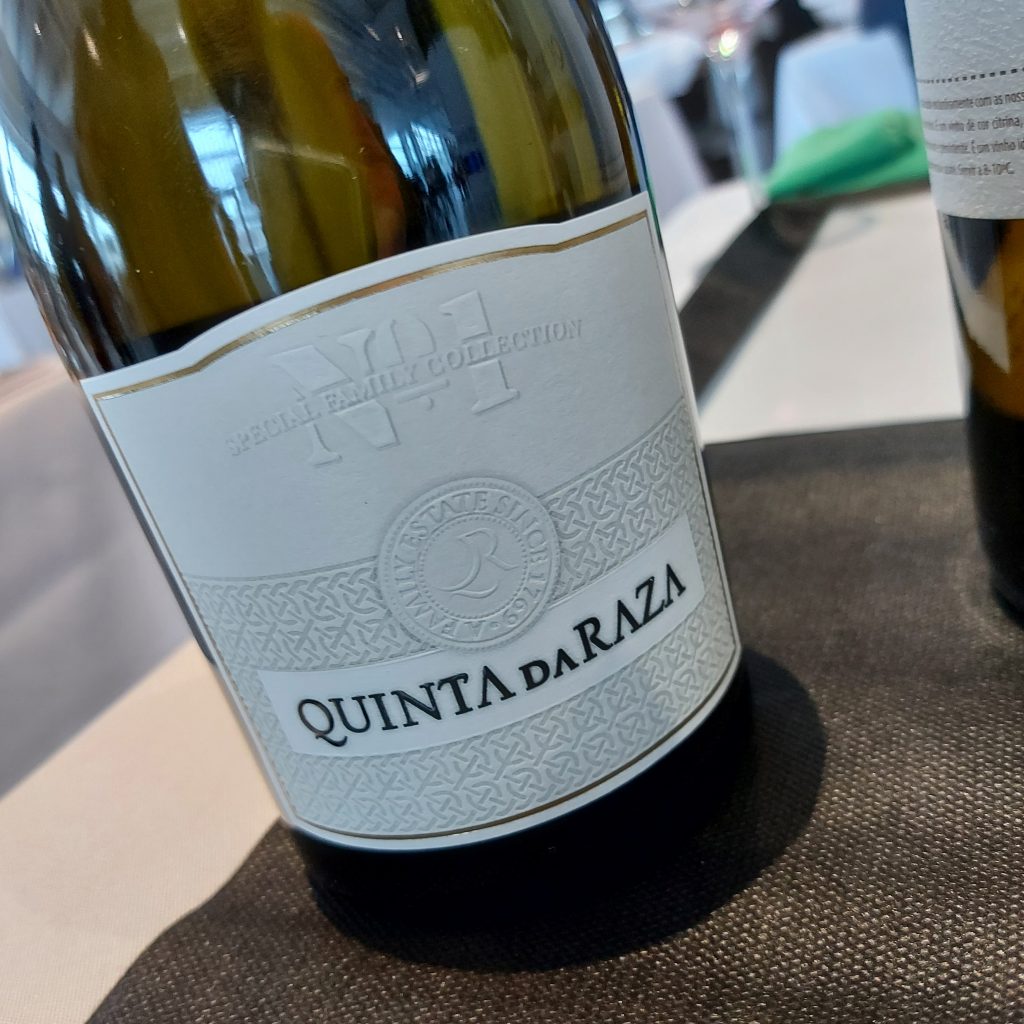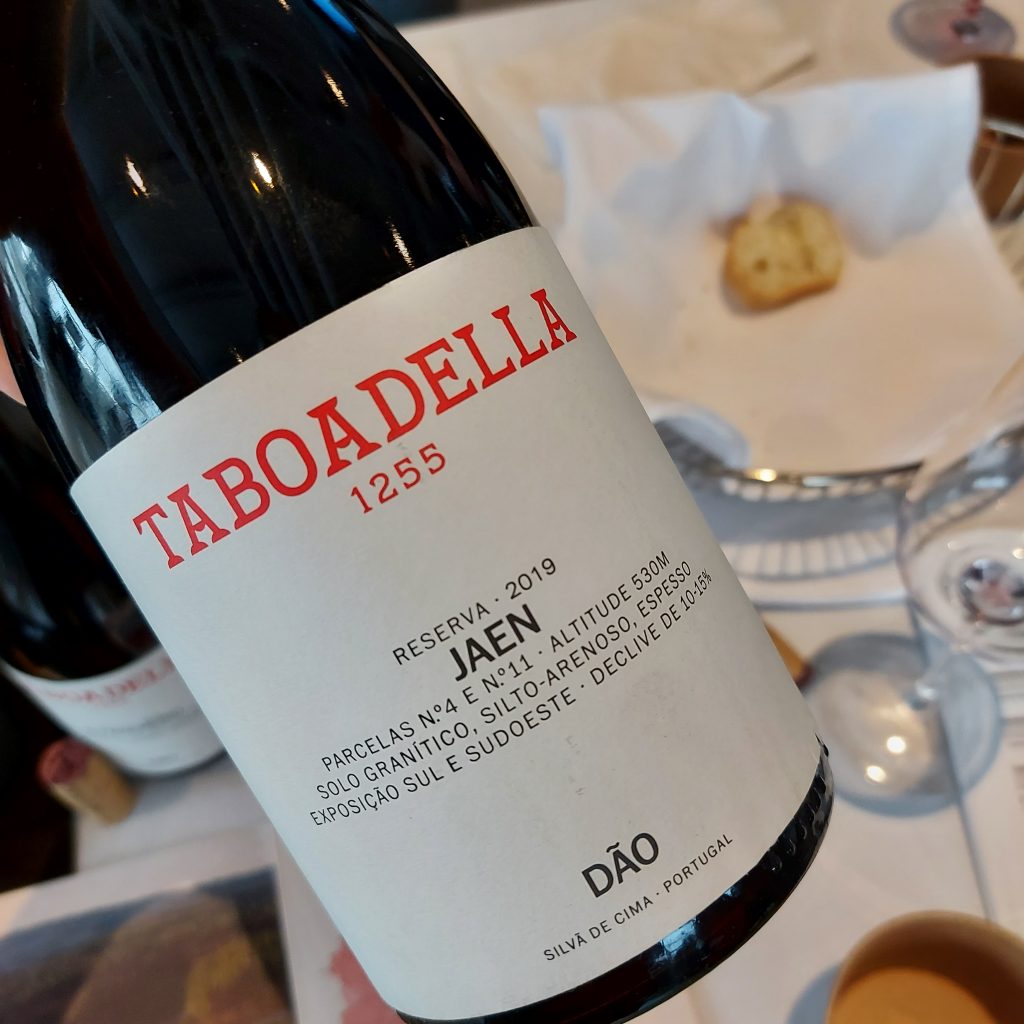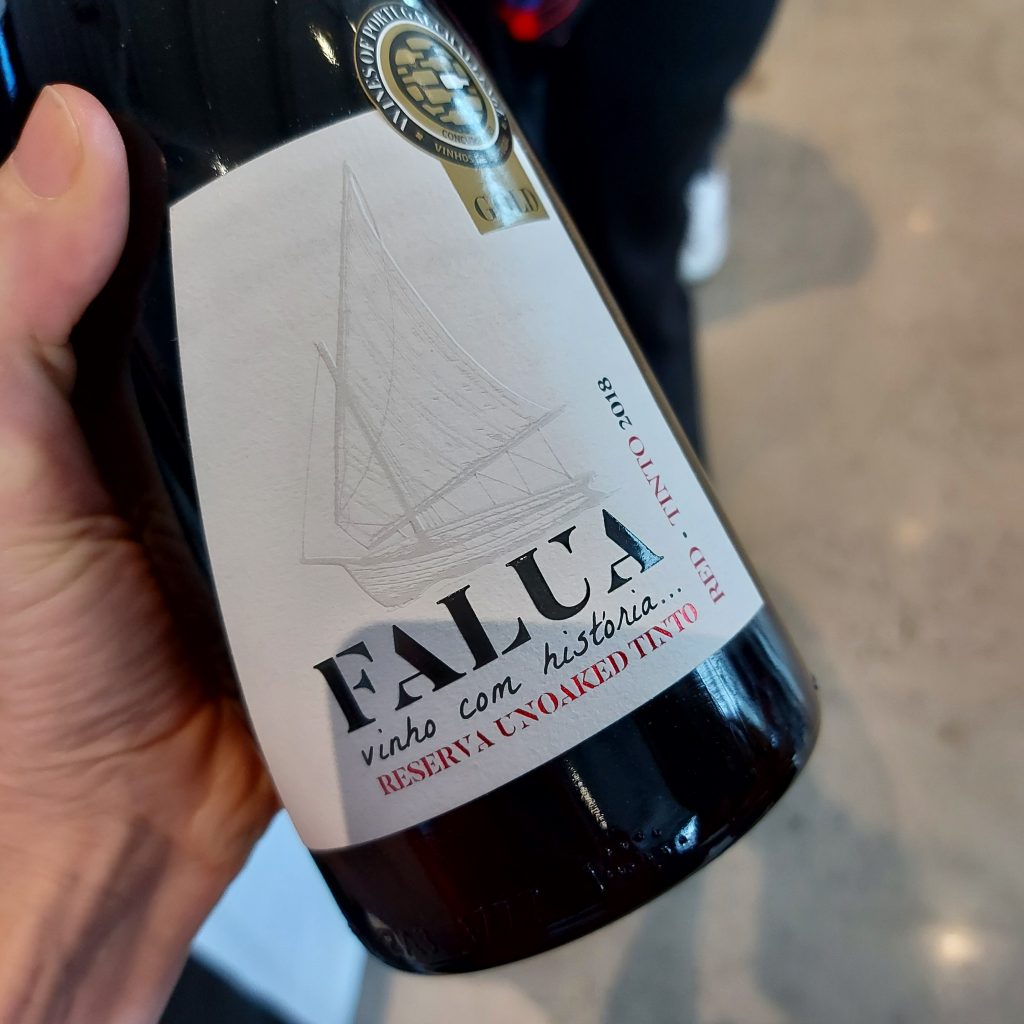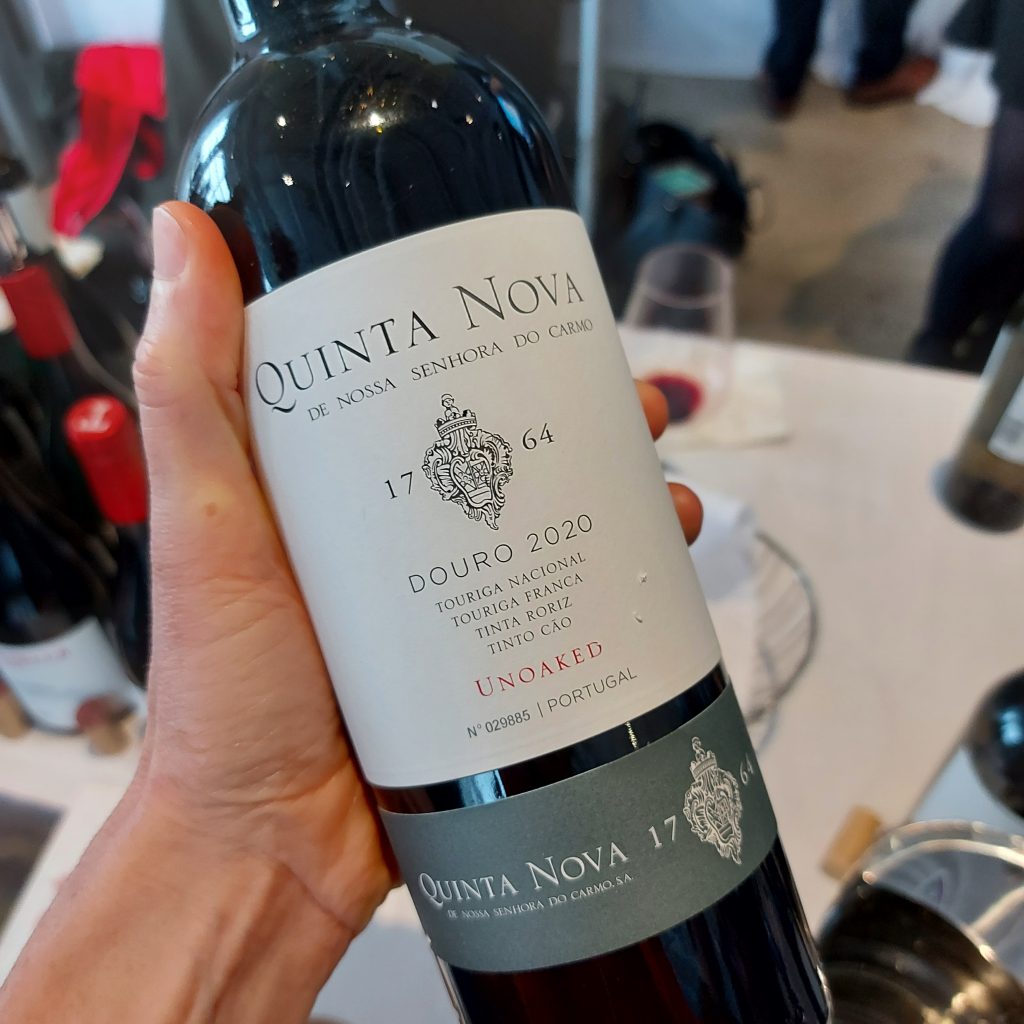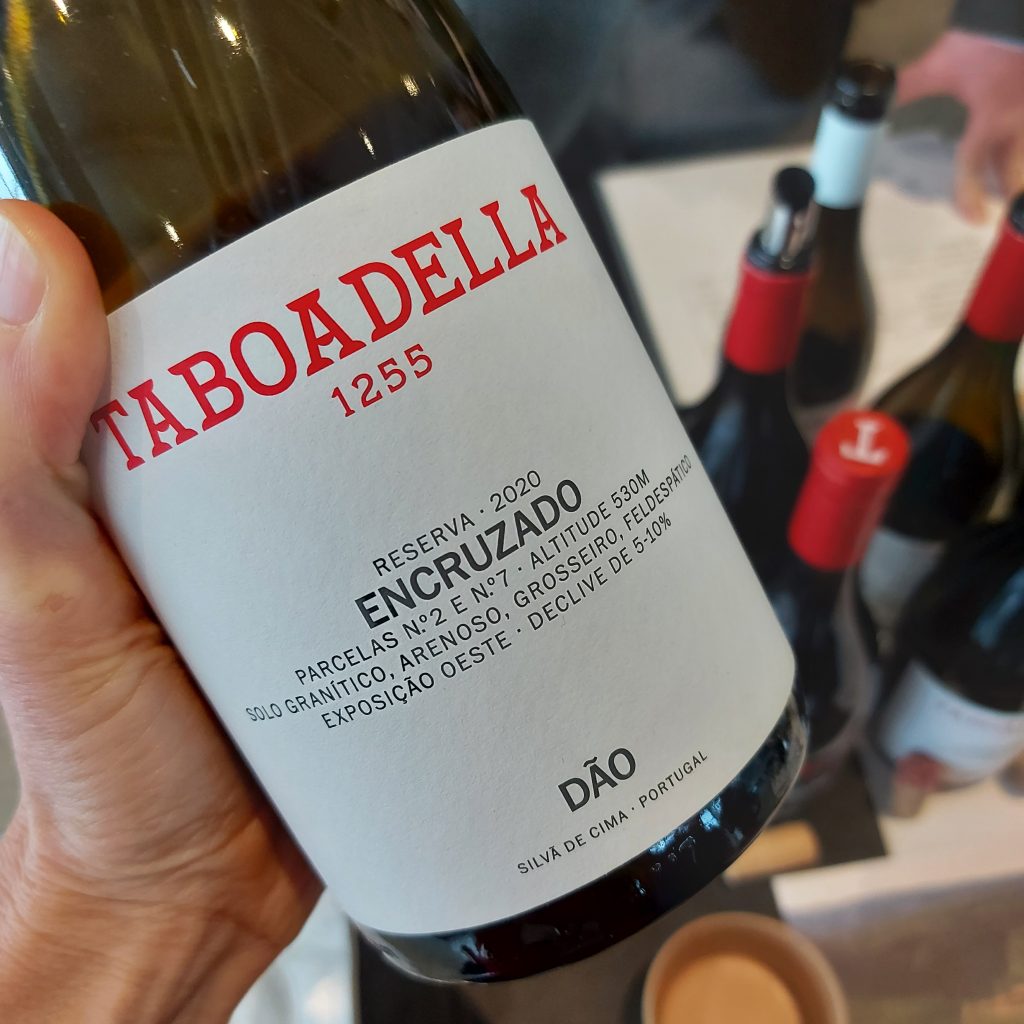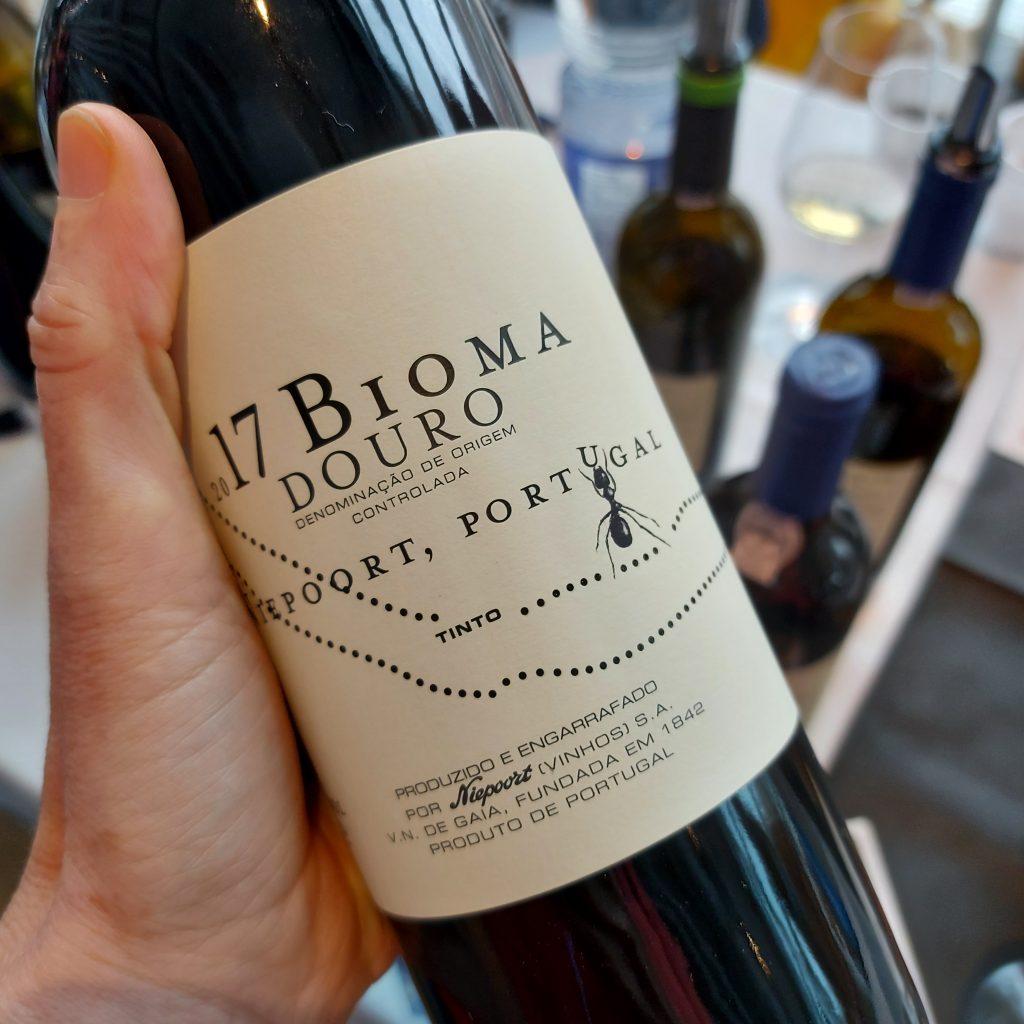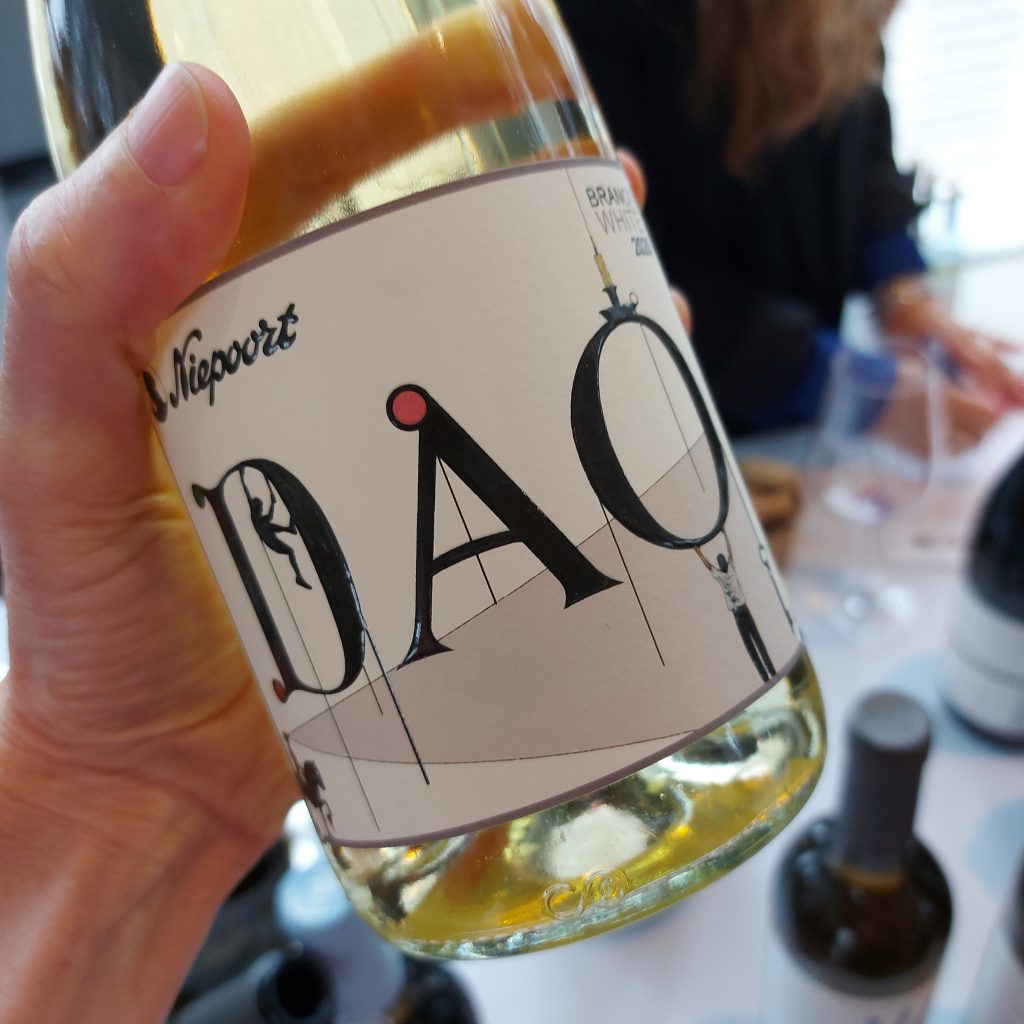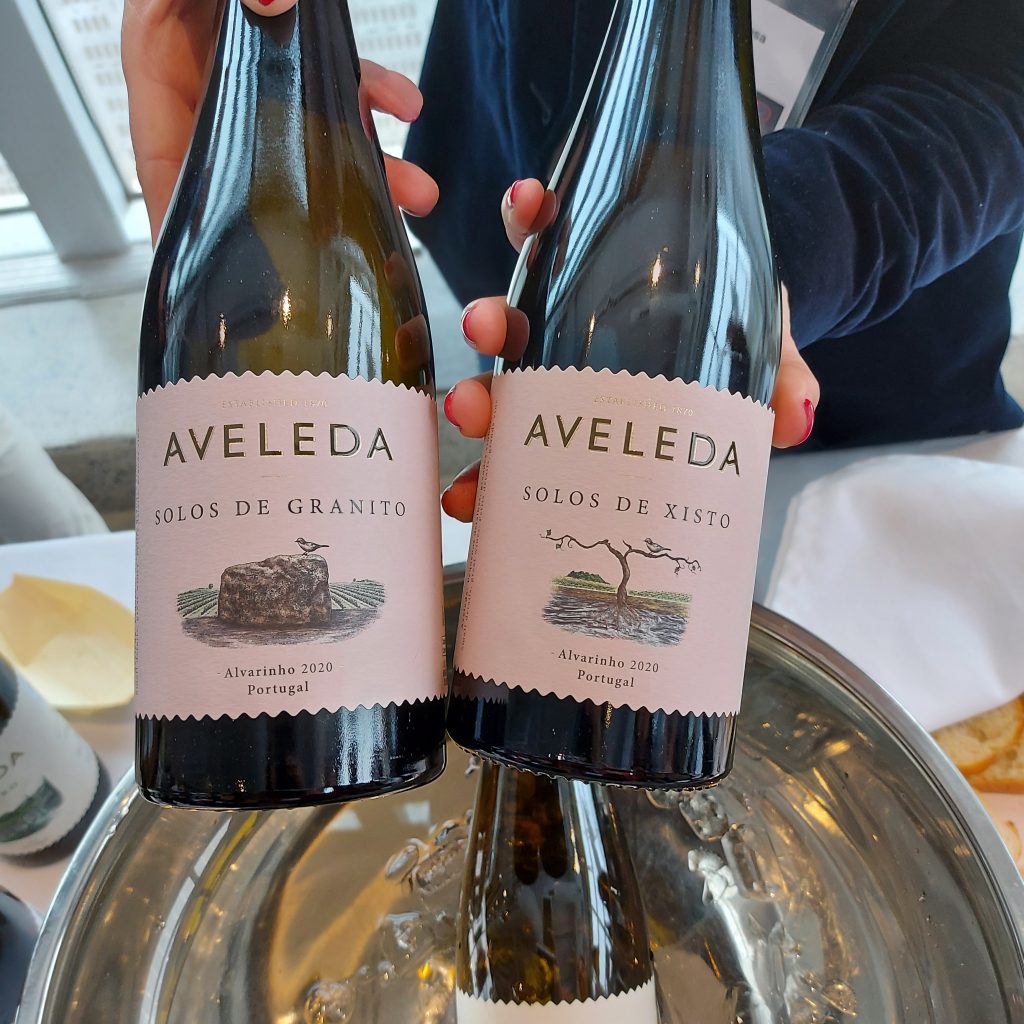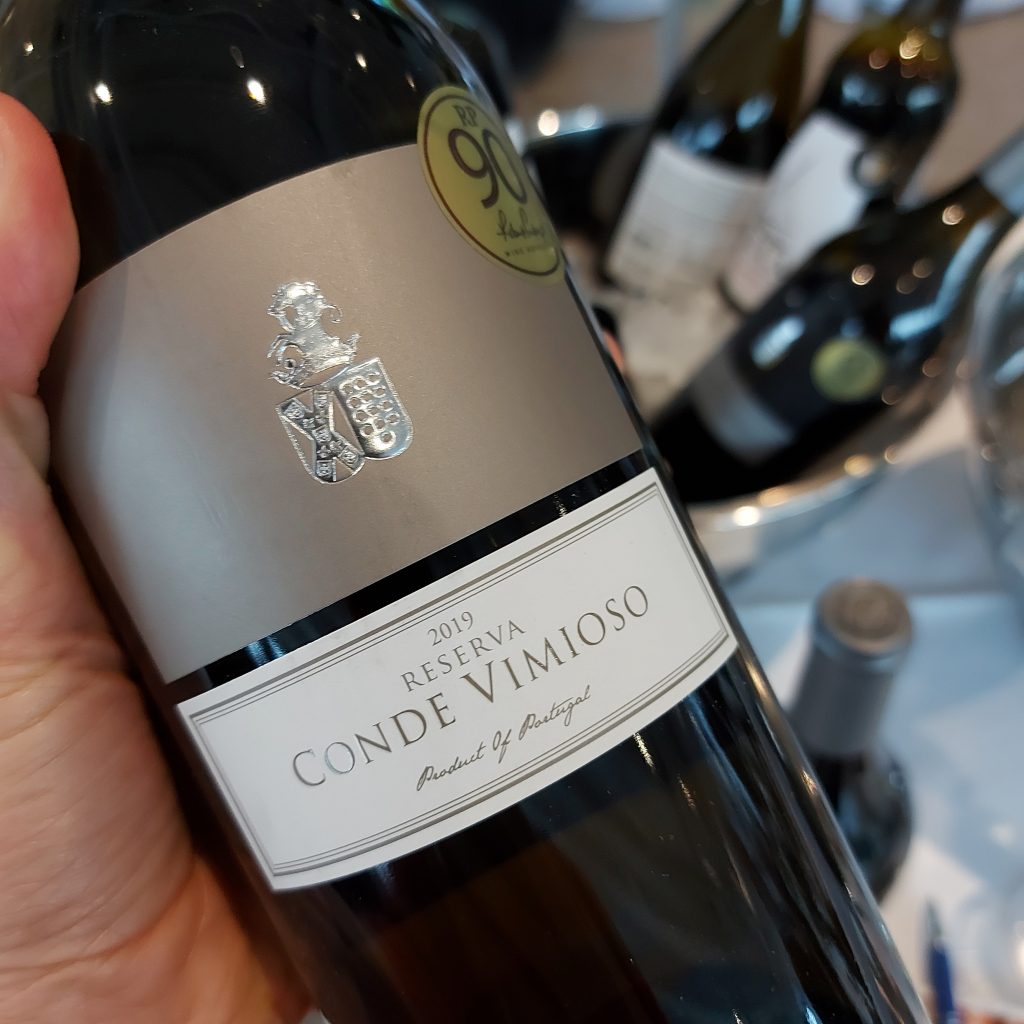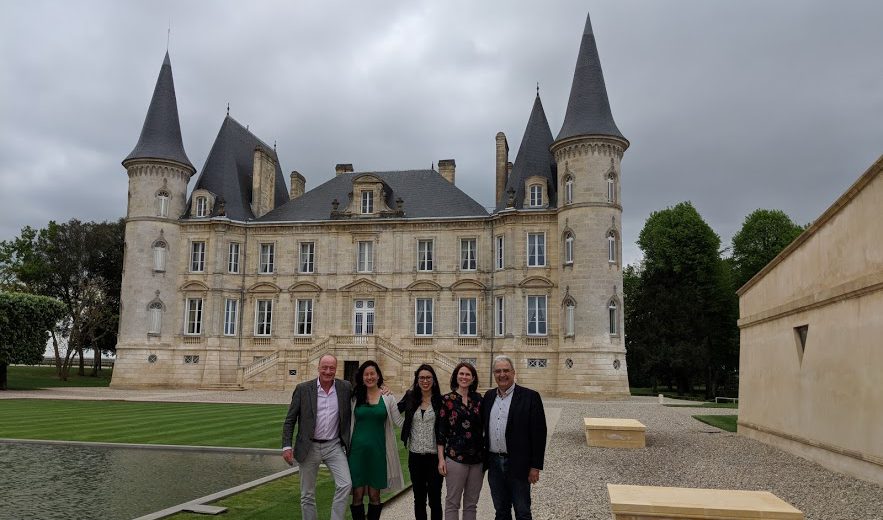Frederico Falcão is a man on a mission : to spread the gospel of Portugal’s diversity of high quality wines from the Douro to Alentejo and beyond.
After studying agronomy and oenology, Falcão worked a winemaker for 18 years before becoming the youngest ever president of Portugal’s Instituto da Vinha e do Vinho (Institute of Vine and Wine). In his current role heading up Wines of Portugal, Falcão has ambitious plans.
He shared his vision with me yesterday over a cool glass of Vinho Verde at the bustling Wines of Portugal trade fair in Montréal.
Frederico, with so many terroirs and grapes, how do you explain Portuguese wines to newcomers?
We call ourselves “a world of diversity” because it is the only way to sum up our rich mosaic of wines. You go to Vinho Verde, you have granite soils, cool temperatures, a rainy climate. Then you drive just one and a half hours, and you are in Douro, with its schist slopes. It is hot and very dry. The grapes are different, everything changes. You go to Dão, Bairrada, Alentejo, they are all completely different.
Its very complex because it is not one single grape, one single style of wine, but that is what makes Portuguese wine so fascinating.
Wine lovers must agree because your international sales are booming! I recently read that Portuguese wine exports grew by 8% (to over 925 million euros) in 2021; doubling the growth seen in 2020. What is driving this trend?
Twenty years ago, people didn’t know that Portuguese wine existed. It was only Port. And in many cases, they didn’t even realize that Port wine came from Portugal. It was like a brand, a style of wine, and not a Portuguese appellation (PDO). We have been working hard to promote Portugal in the past twenty years and I think we have done it well.
Portugal is becoming very trendy when it comes to tourism. A lot of people are visiting. When they travel to Portugal, not knowing much about the country, they are always surprised – with the food, the wines, the landscape, the people, with everything.
Wines in Portugal are not expensive. In Canada, an everyday wine costs 10 dollars minimum, closer to the 15 – 20 dollar mark for a good wine. In Portugal, you can buy well-made wines for 4 euros. The quality available for such inexpensive prices is a surprise for a lot of tourists. So when they go back home, they start buying more Portuguese wine.
Portugal is the leader in wine consumption per capita in the world. We drink a lot of wine! But it is not only the Portuguese, its also the visitors. People are getting fed up with just drinking Cabernet Sauvignons and Chardonnays. Portugal has grapes you won’t find anywhere else, that are reasonably priced, and great quality.
As you say, international audiences have only discovered Portugal’s table wines relatively recently. Have you seen a big improvement in the quality of these wines over the course of your career?
Absolutely. I have seen a dramatic improvement in the style of wine and in winemaking.
There is a younger generation of winemakers now who travel outside of Portugal, who taste wines from around the world, and compare their wines with their peers. My generation were the first to do this. Beforehand, winemakers never left their regions.
Twenty years ago, most wineries were making wines for the domestic market. Now they are making wines that are easier to appreciate for international consumers less familiar with Portugal.
We have a huge range of grape varieties and an equally large diversity of grape growing terroirs. It gives us so much scope to experiment, to innovate, and to improve the quality of our wines.
How is the Portuguese wine industry working towards greater sustainability?
The Porto Protocol was an important kick-off to get the wine trade talking more seriously about climate change and sustainability. Many of our wineries have strong sustainability practices in place, not only environmental, but also social, and economic, but there wasn’t a structure in place.
Alentejo has established their own certification system, but before we ended up with 14 regional programs, we decided to create one national certification through ViniPortugal (Wines of Portugal). We are very near the end of the process, so it is an exciting time.
Our goal is to have all of Portugal’s wineries certified in our program and really be leaders in this domain.
If you could send one message about Portugal to international wine lovers, what would it be?
With Portuguese wine, you get more than you pay for. You can taste this in our 15 dollar wine, but it is equally true of our 50 dollar wines. The value is there at every quality level. It really is worth exploring our diversity of grapes, wine regions, and styles.
After our chat, I spent some time tasting through a wide range of wines and Frederico Falcão’s words rang true. At every price point and in every wine style, I found fresh, balanced wines that are definitely in tune with an international palate.
The wines photographed above are just a small sampling of favourites from the tasting.
Portuguese Wine Fast Facts (source: Wines of Portugal):
- Portugal boasts over 250 native wines grapes
- The top five red grapes are: Aragonez, Touriga Franca, Touriga Nacional, Castelão, and Trincadeira
- The top five white grapes are: Fernão Pires, Loureiro, Arinto, Síria (aka Codega), and Alvarinho
- Wine styles range from still whites, rosé, and red, to sparkling wine (vinho espumante), to fortified wines: Port, Madeira, Moscatel
- Total vineyard area is: 192 028 hectares (2.7% of world’s acreage)
- There are 31 DOC appellations and 14 Vinho Regional areas in Portugal
- DOC wine production is: 59% red wine, 24% white wine, 7% rosé
- Major wine production regions include: Douro, Lisboa, Alentejo, and Minho (Vinho Verde territory)


